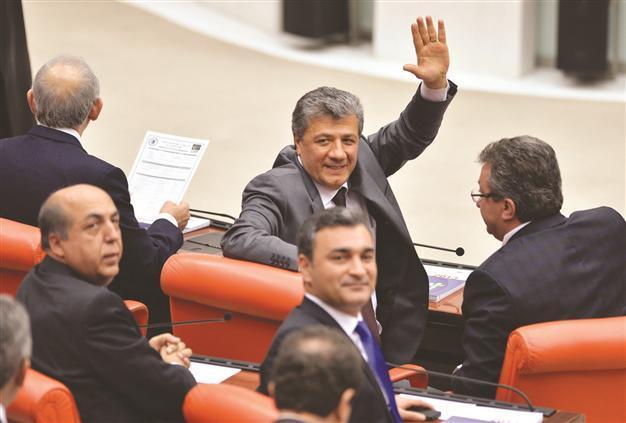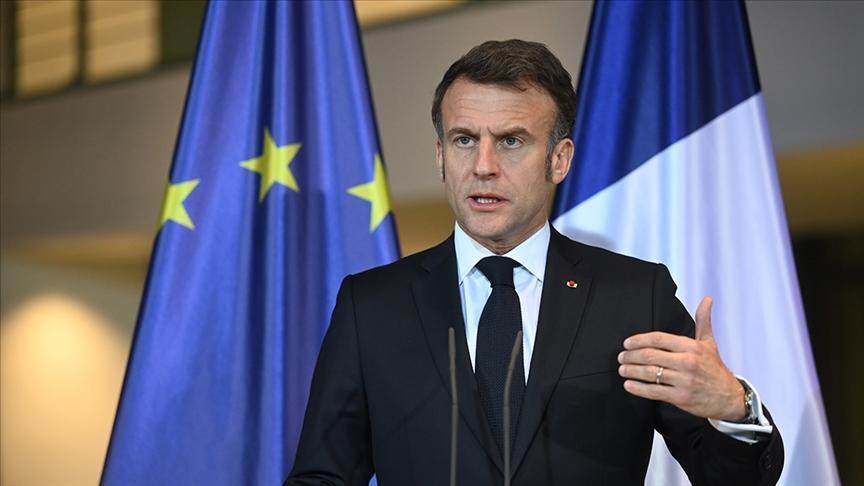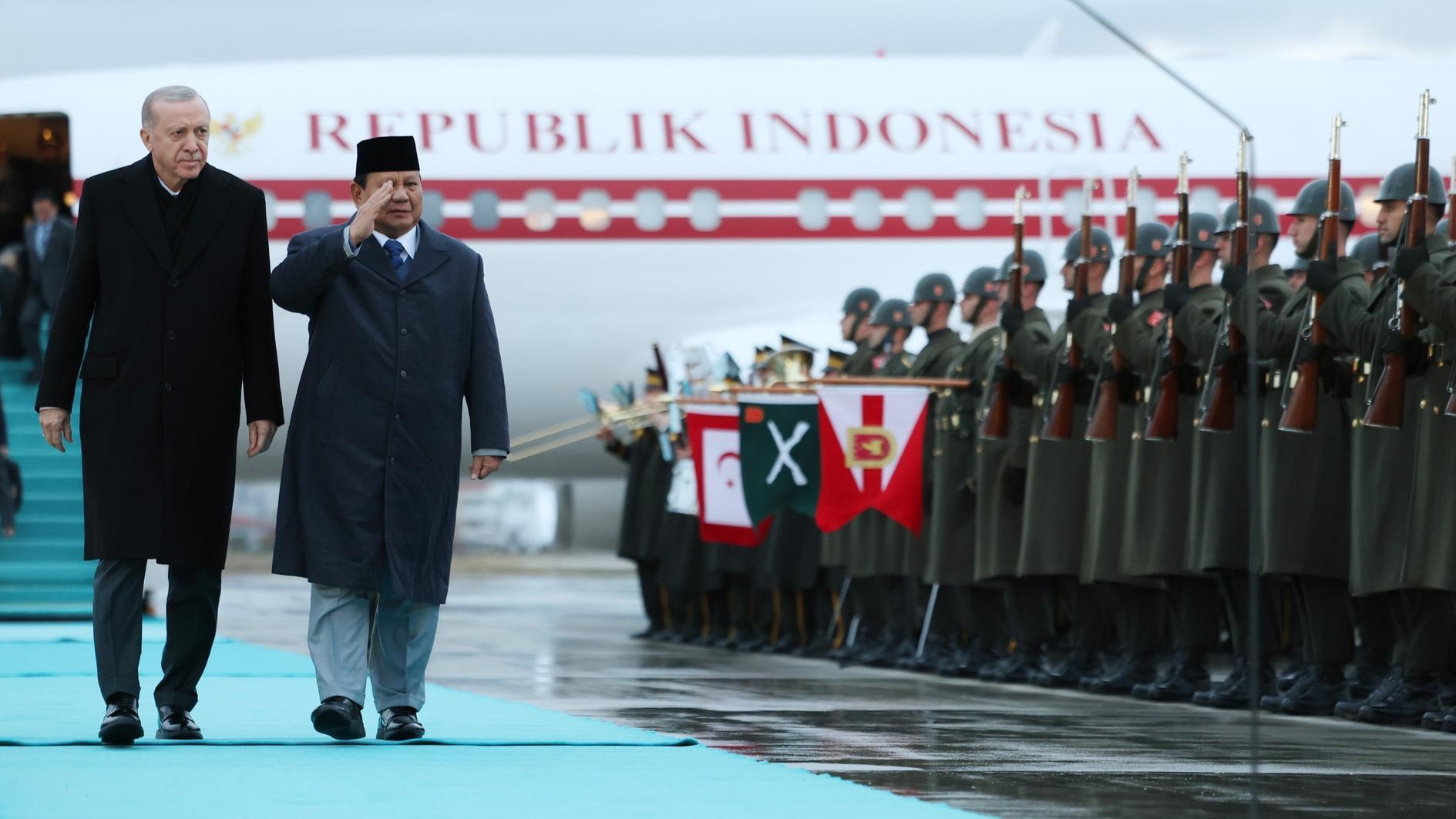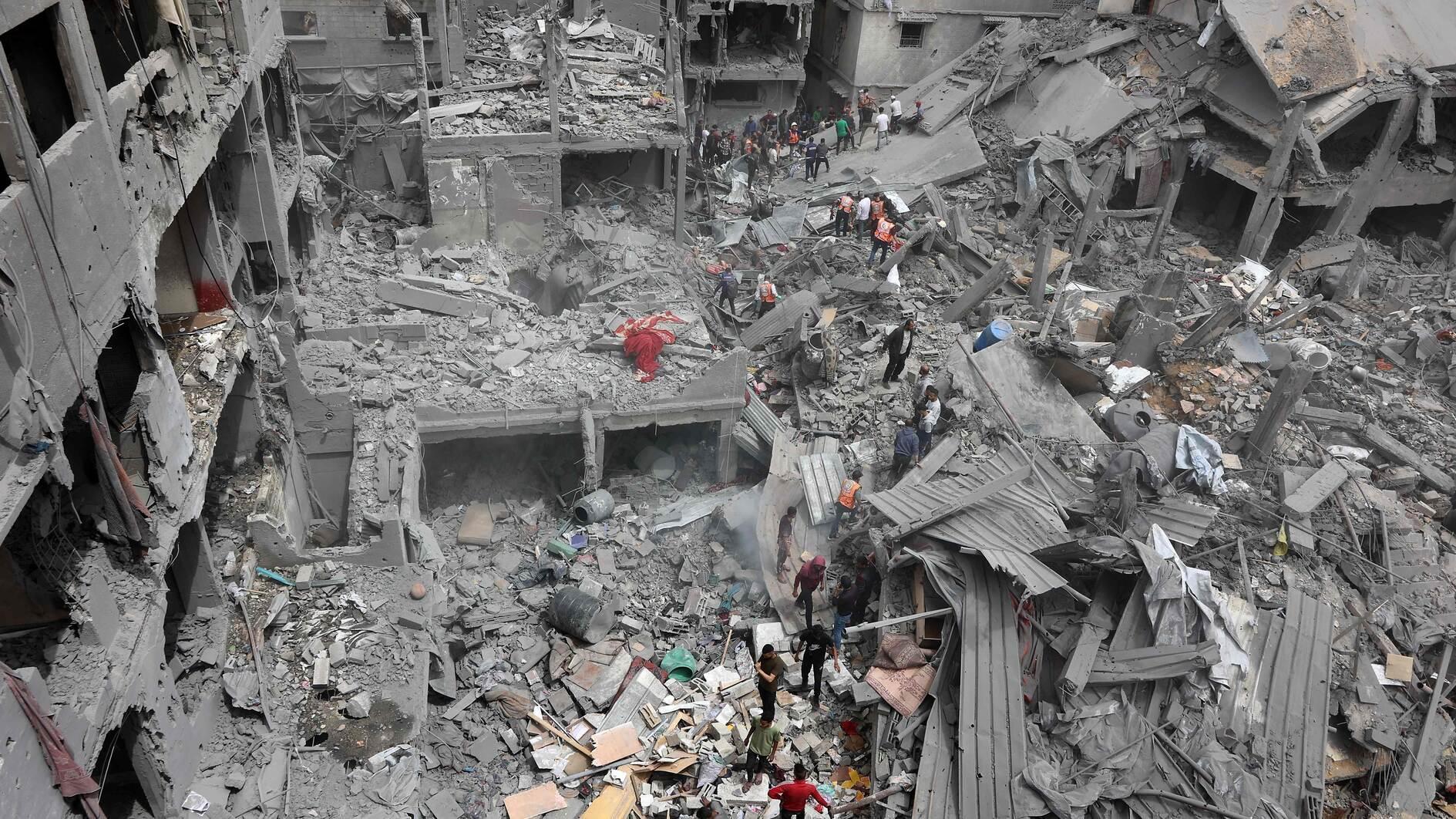MP Balbay has no regrets about past
Cansu Çamlıbel ANKARA - Hürriyet

Mustafa Balbay was released recently and took his parliamentary seat. DAILY NEWS photo
Journalist and parliamentarian Mustafa Balbay, who was recently released from jail, has responded defiantly to questions concerning his approach to journalism and his links with the military, making long-term plans for politics despite still running the risk of returning behind bars.Balbay was released a week ago after being held for four years and 277 days in prison over his alleged links with Ergenekon-named terrorist organization suspected to have been established to overthrow the Justice and Development Party (AKP) led government.
When questioned about whether forming close relationships with the high military officials of that time, as was revealed by some documents as part of the Ergenekon case, was problematic for a journalist or not, Balbay confidently told Hürriyet reporter Cansu Çamlıbel he had no regrets about his journalism, in the first detailed interview he gave since his release.
“My conscience is really clear regarding those times. I liken this situation to Hiroshima. When the atom bomb was sent to Hiroshima 280,000 people were dead and 20,000 of them were journalists, doctors and nurses who ran to the area to help afterwards. I was sacrificed like that,” he said.
He claimed most of the documents used to prove his involvement in the coup planning process were fabricated through editing, but firmly asserted that even though he had close relations with soldiers he could not be called a conspirator. “The attacks against me were so harsh even there were those kinds of things [exaggerations or wrongdoings], the right response was not this. The discussion of whether I should do journalism like this or that can be only discussed with respect to professionalism,” he said, claiming he only wrote about the tensions discussed by government members today.
The journalist was elected to the Parliament in the 2011 general elections for the Republican People’s Party (CHP) and after the Constitutional Court ruled his lengthy imprisonment amounted to a “violation of the law,” he finally took his oath and his Parliamentary office after two years.
















